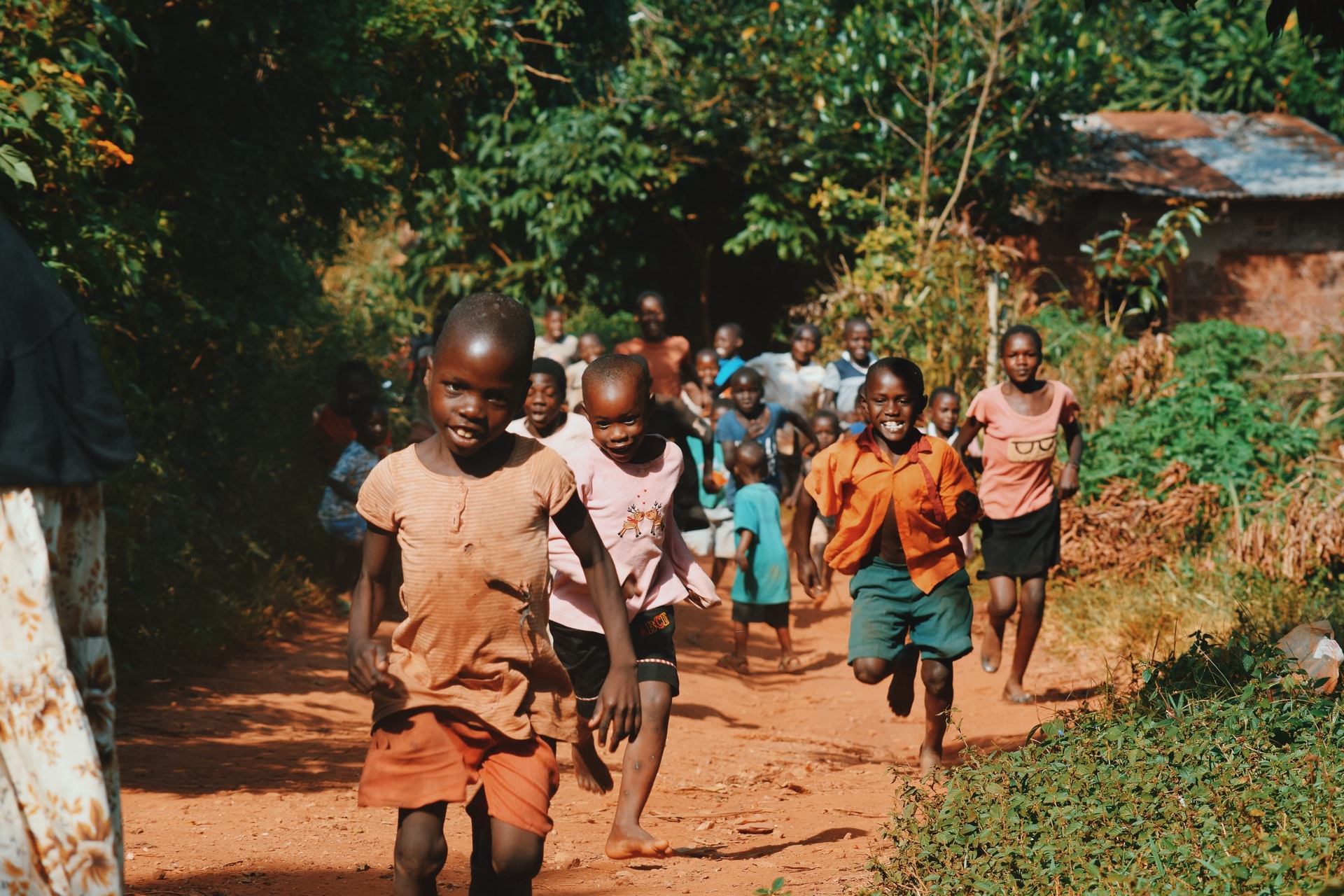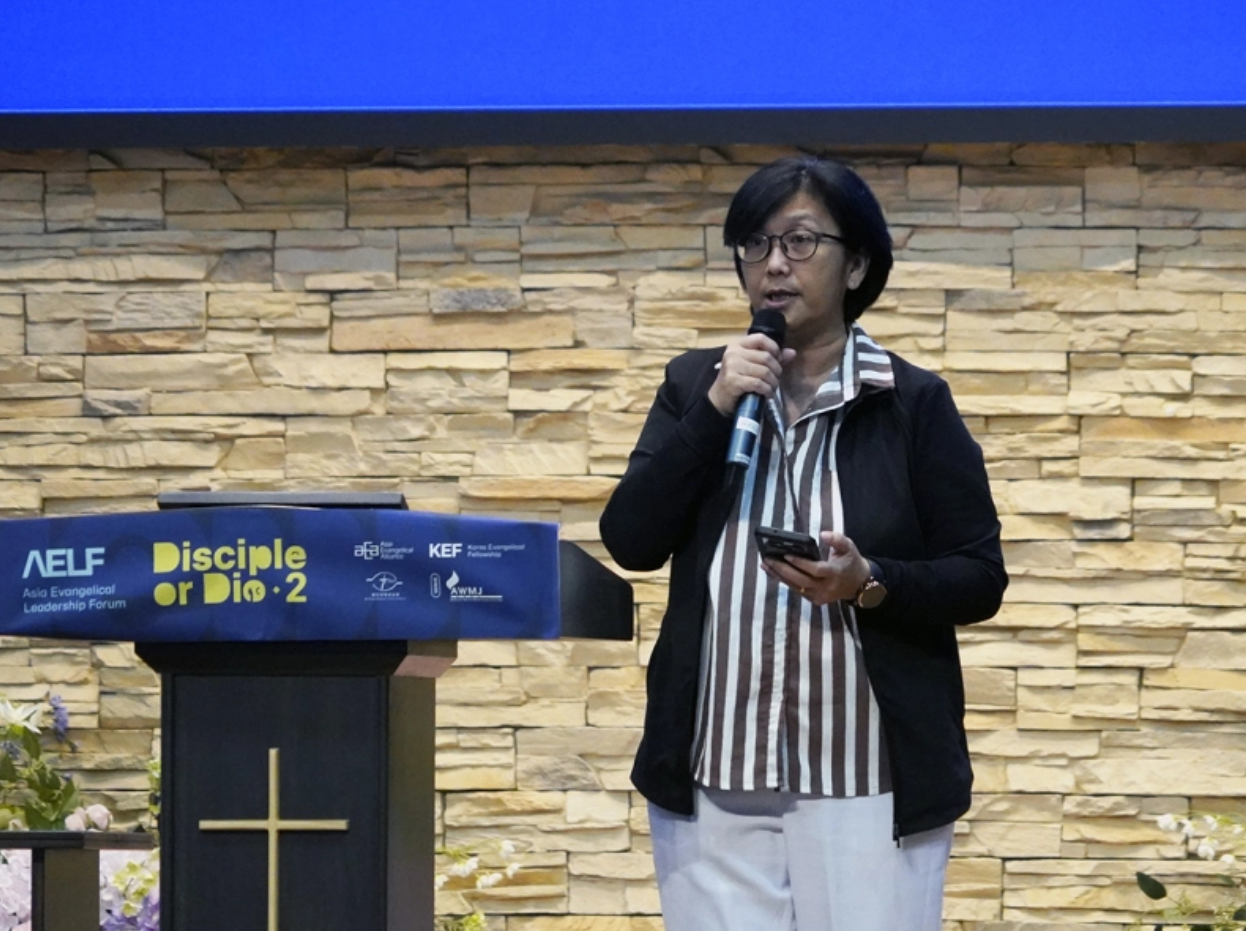In the book of James, it says, “Religion that God our Father accepts as pure and faultless is this: to look after orphans and widows in their distress and to keep oneself from being polluted by the world” (James 1:27).
There is no doubt that many Christians have taken these words to heart. They’ve faithfully given their time and resources to help orphans and vulnerable people across the globe. The Church has arguably played the biggest role in caring for those who need it the most. Christians have started orphanages, sponsored the children in them, and traveled all over the world to meet them face to face. The link between the Church, compassion and children remains as strong as ever and for decades. I’ve been pounding the drum of caring for our most vulnerable.
It has been over 20 years since I first traveled to Uganda to see firsthand the devastating effects of poverty on a family and a community. Since that time, I’ve traveled all over the world on a mission to meet with and help families and children who lack the basics of clean water and nutritious food. My team and I have been part of building orphanages that would care for these children and give them an education, shelter, regular meals and a place to call home. Our goal has always been unwavering: give the children a sense of belonging and a sense of family.
Like many others, in doing good I didn’t realize that there might be a better way. I had good intentions — I wanted to help the children living in extreme poverty and to give them a chance to flourish.
Over the years, however, I have learned a very important truth: a sense of family is not the same thing as a family. I was looking at the issue of poverty and orphan care through a narrow lens — believing that tangible resources were the answer to the question of how to help children in vulnerable communities thrive.
But tangible resources alone are insufficient, and I have come to realize that nothing replaces God’s design for the family.
Finding the truth in Kenya
A couple of years ago, I visited Kenya alongside the orphan care advocacy organization 1MillionHome, where I met Ruth. Ruth grew up in an orphanage even though she had living parents. Sent away with the hopes of an education, shelter and food, Ruth was brought up with only two house mothers — and 300 other children. It wasn’t what Ruth or her family had imagined it would be. She slept on a mattress on the floor and longed for the love of a family.
The exception rather than the rule, Ruth managed to successfully integrate into her community after aging out of her orphanage. Today she advocates for children in residential care facilities similar to the one she grew up in to be reunified with their families.
As she walked me through the streets of Kibera, Kenya, she spoke firmly to me: “No child should have to give up a right to family for a right to education or food. How do we bring these rights together in one package?”
As I reflect back on my work over the years, I realize that not all of our efforts were as fruitful as we would have hoped, even though we thought we were doing our best. We’ve come to learn that orphanages have actually prevented many children from being reunited with their families. Loving parents are placing their children in orphanages in order to get them access to care and resources they aren’t able to offer.
As I visited with Ruth and others in Kenya, I learned that one out of three children who grow up in an orphanage end up homeless, and one out of 10 ultimately commits suicide. Children in these facilities can even suffer from neuro-developmental delays. Several there also shared with me that supporting a child in an orphanage is over 25 times more expensive than supporting a poor family in need.
This is not very good news.
But here is the good news: Globally,eight out of 10 children living in an orphanage have a living parent, and nearly all of them have other family members willing to care for them. We have what it takes to get these children home and to keep them there. We have what it takes to give them the most important resource of all — the love of a parent.
Re-thinking orphan care
Christianity is filled with reformers who believed that big, systemic problems were never too big for us to address. In his Letters and Papers from Prison, Dietrich Bonhoeffer wrote, “We are not to simply bandage the wounds of victims beneath the wheels of injustice, we are to drive a spoke into the wheel itself.” And William Wilberforce is well-known for saying, “You may choose to look the other way but you can never say again that you did not know.”
In an effort to help, many of us have supported orphanages overseas. Research by Barna Group and the Faith to Action Initiative shows that annually Christians give $2.5 billion to support residential care orphanages.
But what if there was a better way? I’ve learned there is. Supporting orphaned and vulnerable children around the world can happen even while the children are reunited with their families — or never leave them, to begin with. As I talked with Ruth and others who grew up as orphans, I was reminded over and over of God’s design for families to be together and that love is the most important resource our children need.
As we become re-educated on how best to care for orphans and families in poverty, we begin to see opportunities to offer the best care possible and to alleviate the big issue of children and poverty today.
During my trip to Kenya, I learned how some orphanages are training their childcare workers to become social workers in an effort to safely reunite children with their families. I learned how some orphanages are being transformed into day centers where the children come to receive education and food and then return home to the ones they love.
Our desire to help is God-given, and the best way we can do that is by keeping families together whenever possible. Many of us have given our best as we have sought to follow God’s command to “look after orphans and widows in their distress.” With new information and new opportunities to see children flourish with their families, there is little reason to doubt that the best is yet to come.
Francis Chan has been a pastor for over thirty years. He is a New York Times–bestselling author of several books, including “Crazy Love,” “Letters to the Church,” and “Until Unity.” He and his wife, Lisa, have been married nearly thirty years and coauthored “You and Me Forever.” Currently, Francis is in Northern California teaching and discipling the next generation of pastors and leaders.
Originally published on The Christian Post
(c) The Christian Post, used with permission




